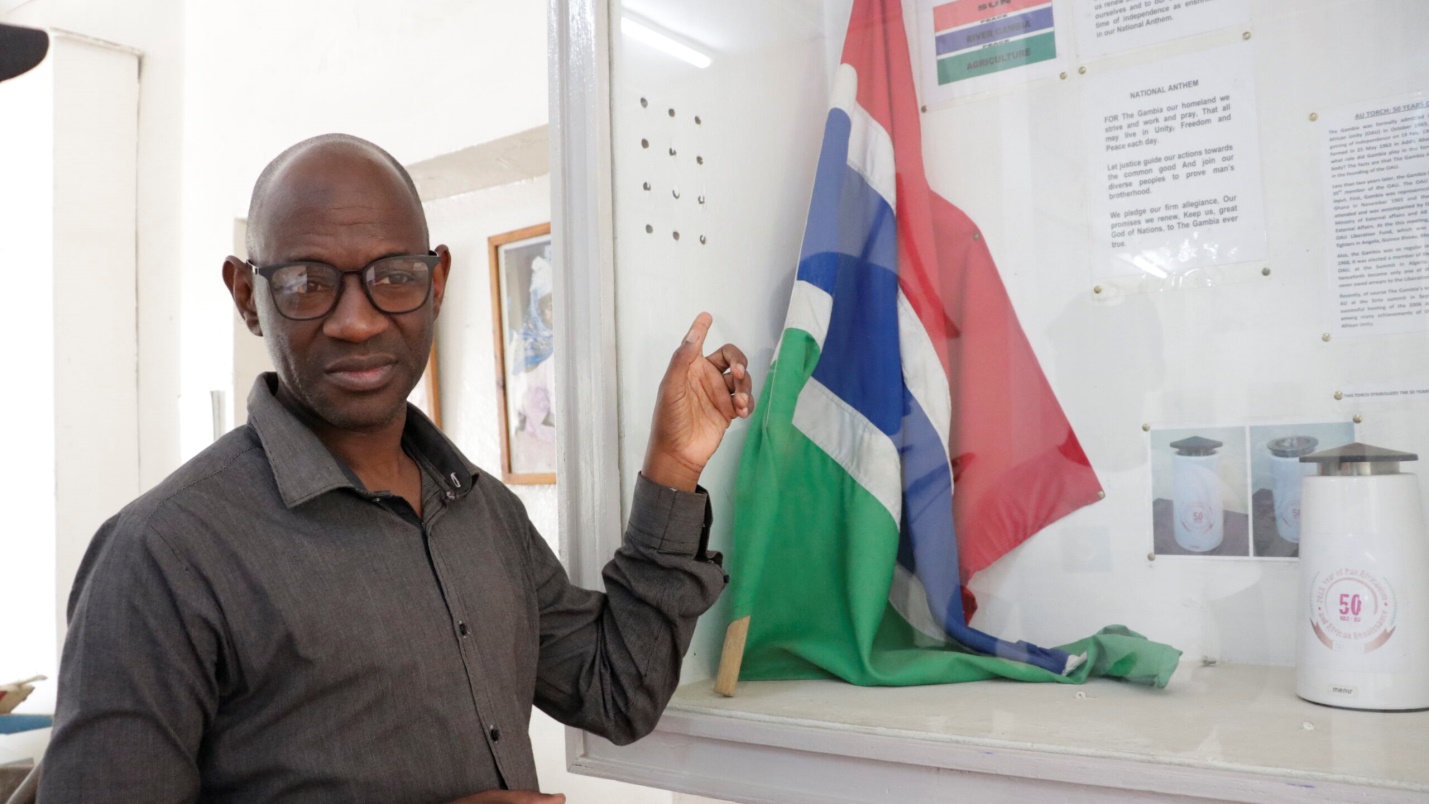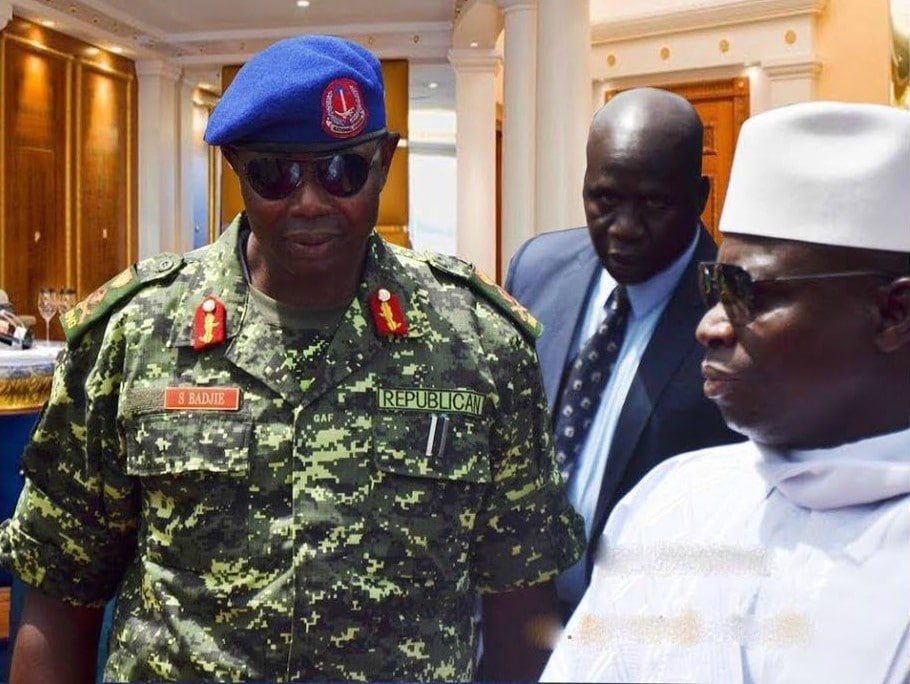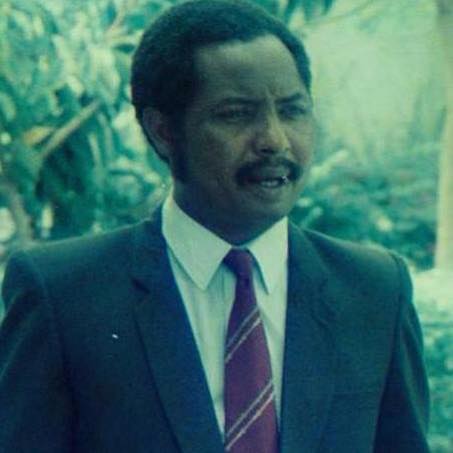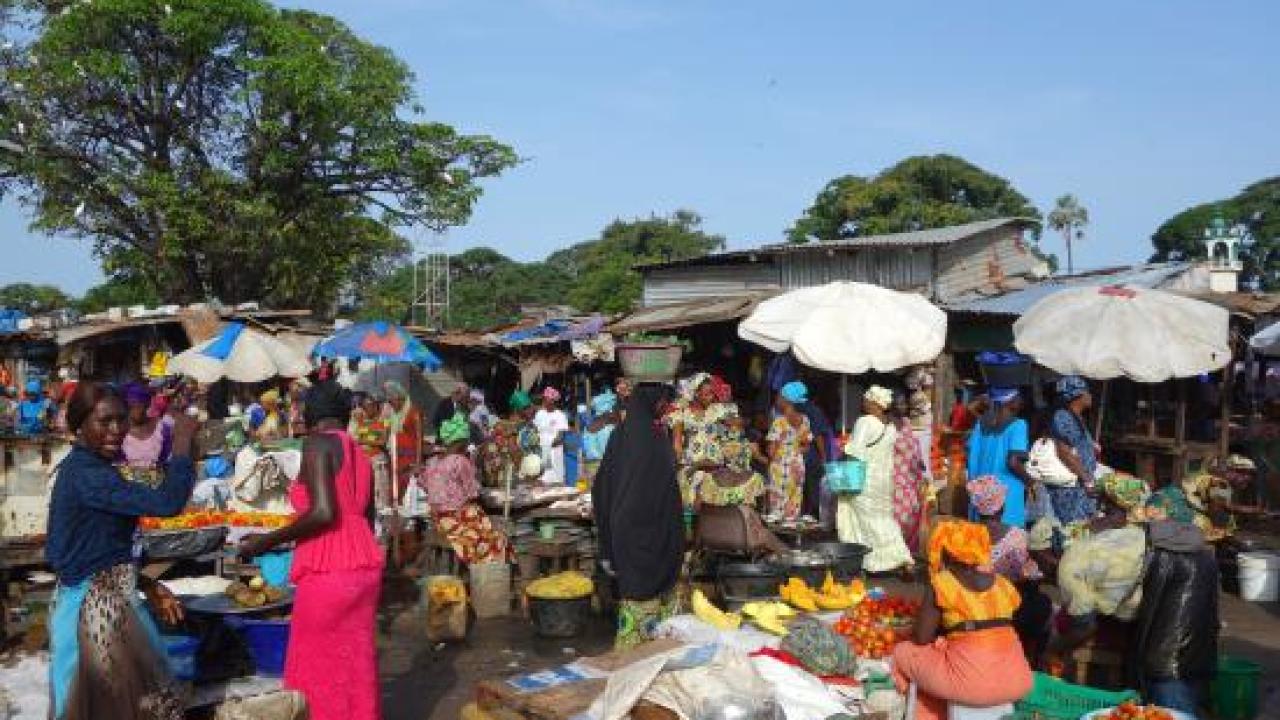By Kebba Ansu Manneh
Hassoum Ceesay, Director General of the National Center for Arts and Culture (NCAC), has stated that the British Colonial rule ruined the existing local monarchies in The Gambia, and it has resulted in the forced demotions, killings, and exiled of many local monarchies and prominent local leaders.
The erudite historian’s comments come barely 24 hours after the burial of Queen Elizabeth II, the last British Monarch who presided over the affairs of The Gambia under a colonial ruler that was marked by exploitation, oppression, and deprivation of education to colonial Gambian residents.
“Of course, the British colonial rule has its dark side of history, it is responsible for the slave trade, colonization as well as exploitation and oppression of people residing in the colonial Gambia. It has resulted in a lot of killings of our local monarchies and prominent traditional rulers who were demoted, killed, or forced into exile,” Historian Hassoum Ceesay told The Voice Newspaper on Tuesday.
He added: “Foday Sillah was forced to exile in Saint Louis, Senegal in 1924, Musa Molloh was exiled in Sierra Leone in 1901, while Foday Kabba was killed in the same year at Kiang Sankandi. The last King of Barra Empire, Maranta Sonko was forced to sign a treaty to secede the empire in 1890, and was later demoted to the rank of a Seefoo.”
He disclosed that colonialism also resulted in the demotion of local monarchies (Kings) in Saloum, Niani, Niamina, Jarra, Jimara, Kiang, and Baddibu among others. He noted that during that time taxpayers were not represented, residents were forced to adopt groundnut farming, and farmers were discouraged to plant food crops.
“Their idea was for farmers to adopt groundnut farming so that when they plant groundnut, they can sell to them and be able to pay tax in cash. The idea was to grow groundnut, sell it to them and pay tax in cash that is send back to U.K treasury,” the erudite historian recounted.
He added: “We were paying all kinds of taxes including cattle tax, occupancy tax, and even strange farmers tax but we were never represented in any ways or forms. Colonial masters were also very repressive and oppressive for example, if you are to play Siwuruba or Sabarr (local drums) after 6:00 pm you have to get approval from the Colonial Commissioners before you do so, they even deny children education.”
The Director General also bemoaned the Kiang/Sankadi incident of 1900 and 1901, which originated from the killing of Colonial Commissioner Sitwell and ten (10) others including one Colonial Commissioner and nine (9) police officers, revealing that British Colonial rulers at the time deployed an Army Regiment from Sierra Leone that has killed many residents of Sankandi including prosecution of many residents some of whom were hanged in public.
“Yes, I will say that colonialism and colonial rule is highly responsible for the under-development of The Gambia,” Historian Ceesay submitted.





